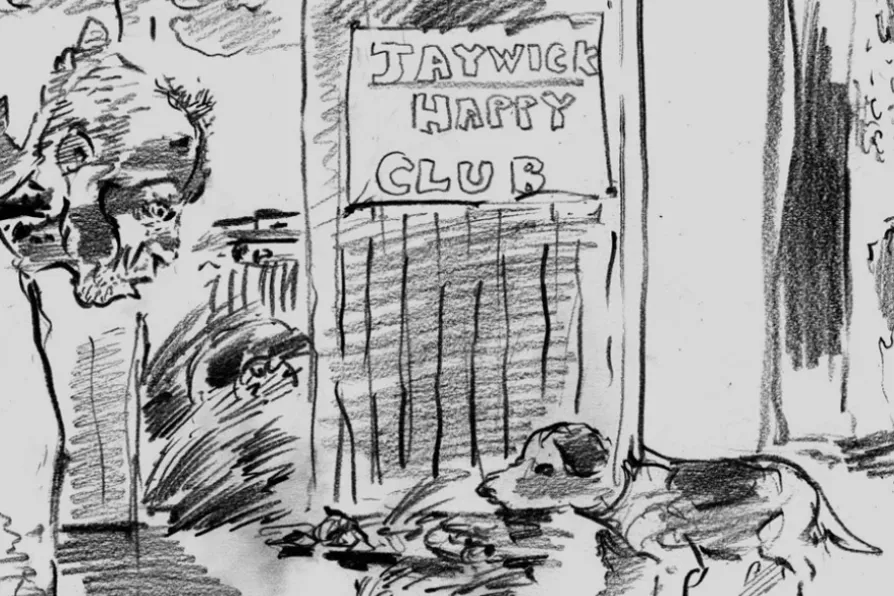The Bard stands with the Reformers of Peterloo, and their shared genius in teaching history with music and song
Beside the seaside
HELEN MERCER is disappointed by a depiction of Englands ‘coastal commons’ that lacks compassion and fails to illuminate the root causes of their decay

 BLIGHT AND NEGLECT: An illustration from Coast of Teeth
[Louis Netter]
BLIGHT AND NEGLECT: An illustration from Coast of Teeth
[Louis Netter]
Coast of Teeth: Travels to English Seaside Town in an Age of Anxiety
by Tom Sykes and Louis Netter
Signal Books, £14.99
IF you have ever caught the train to Brighton of a weekend or bank holiday, you may have noticed the excited anticipation rippling through the carriage as it pulls into the station.
All races, cultures, ages, sexes and even classes have the prospect of a day of earthly pleasure-seeking: wide and windy beaches stretch to the horizon, along with bad food, slot machines and shivering dips.
Similar stories

Peter Mitchell's photography reveals a poetic relationship with Leeds

Ben Cowles speaks with IAN ‘TREE’ ROBINSON and ANDY DAVIES, two of the string pullers behind the Manchester Punk Festival, ahead of its 10th year show later this month

This is poetry in paint, spectacular but never spectacle for its own sake, writes JAN WOOLF

JOHN GREEN surveys the remarkable career of screenwriter Malcolm Hulke and the essential part played by his membership of the Communist Party










